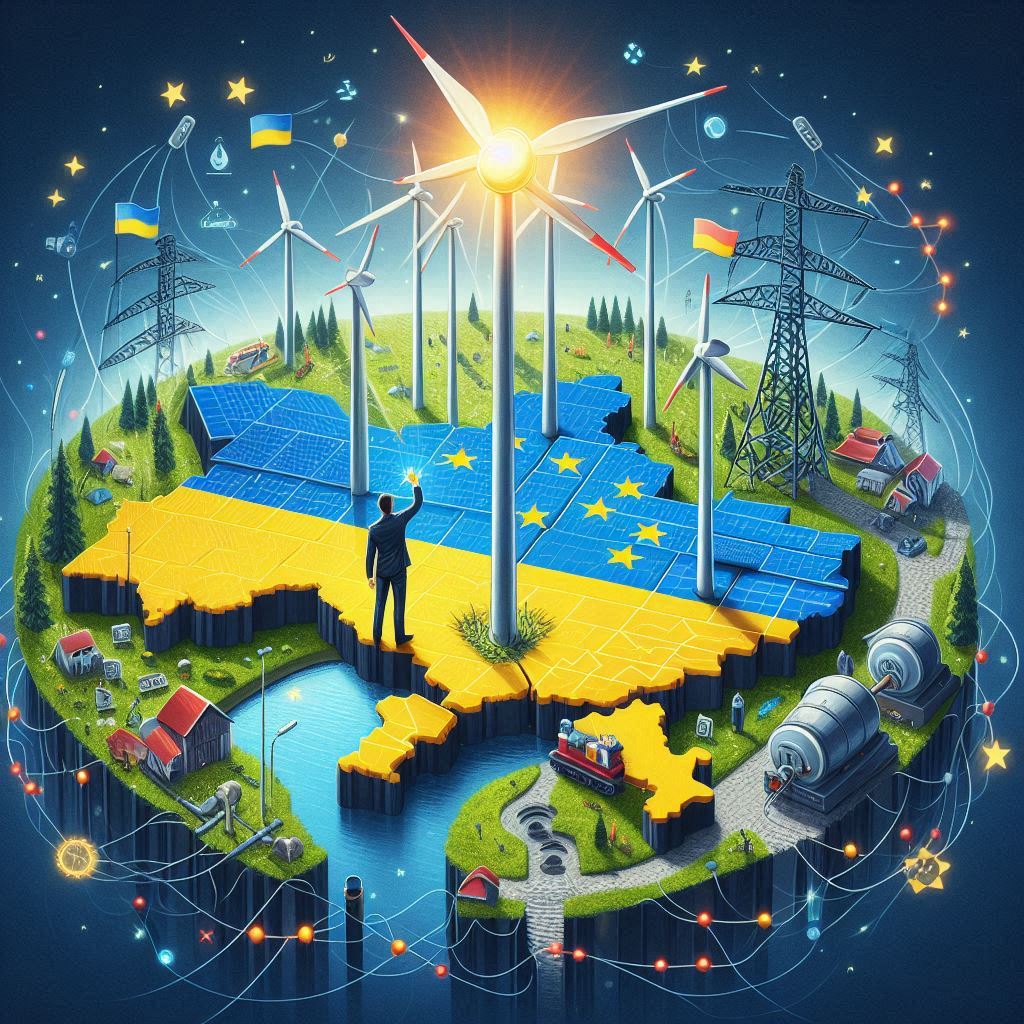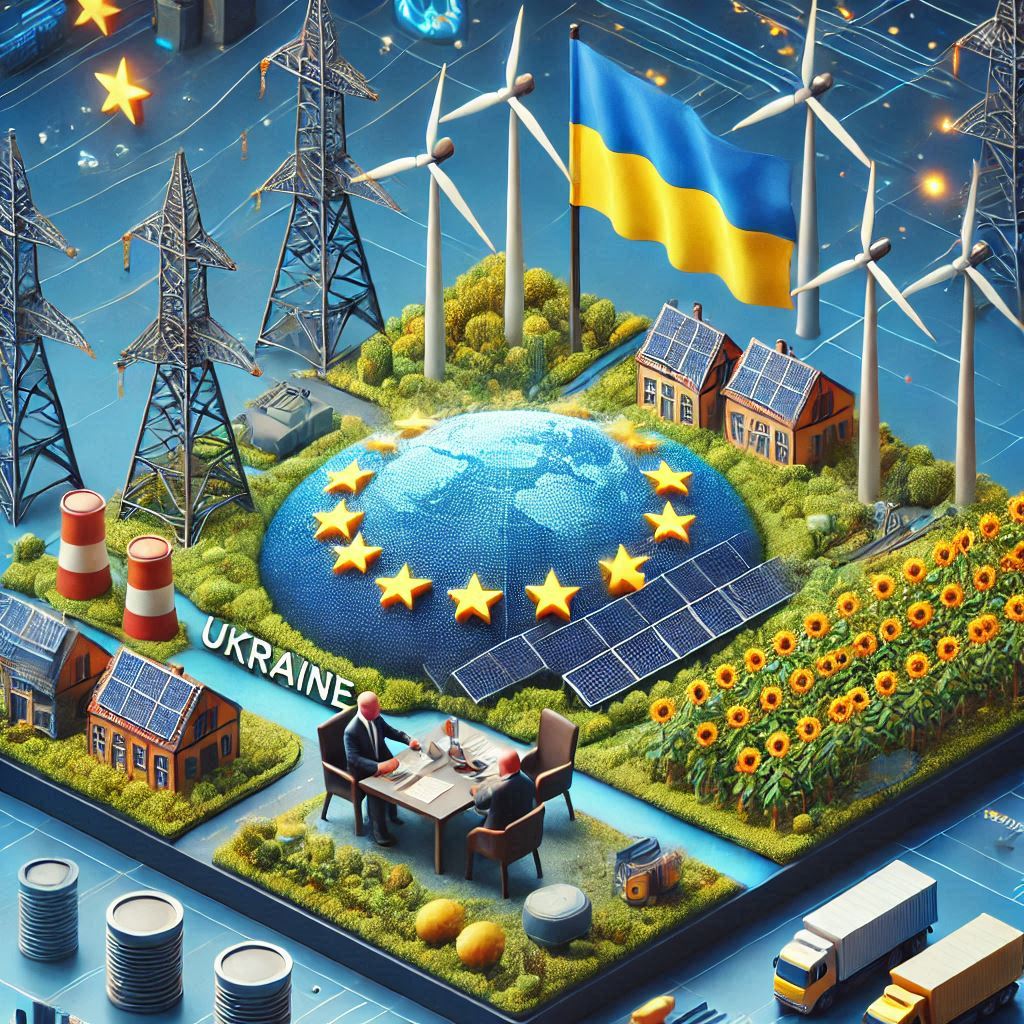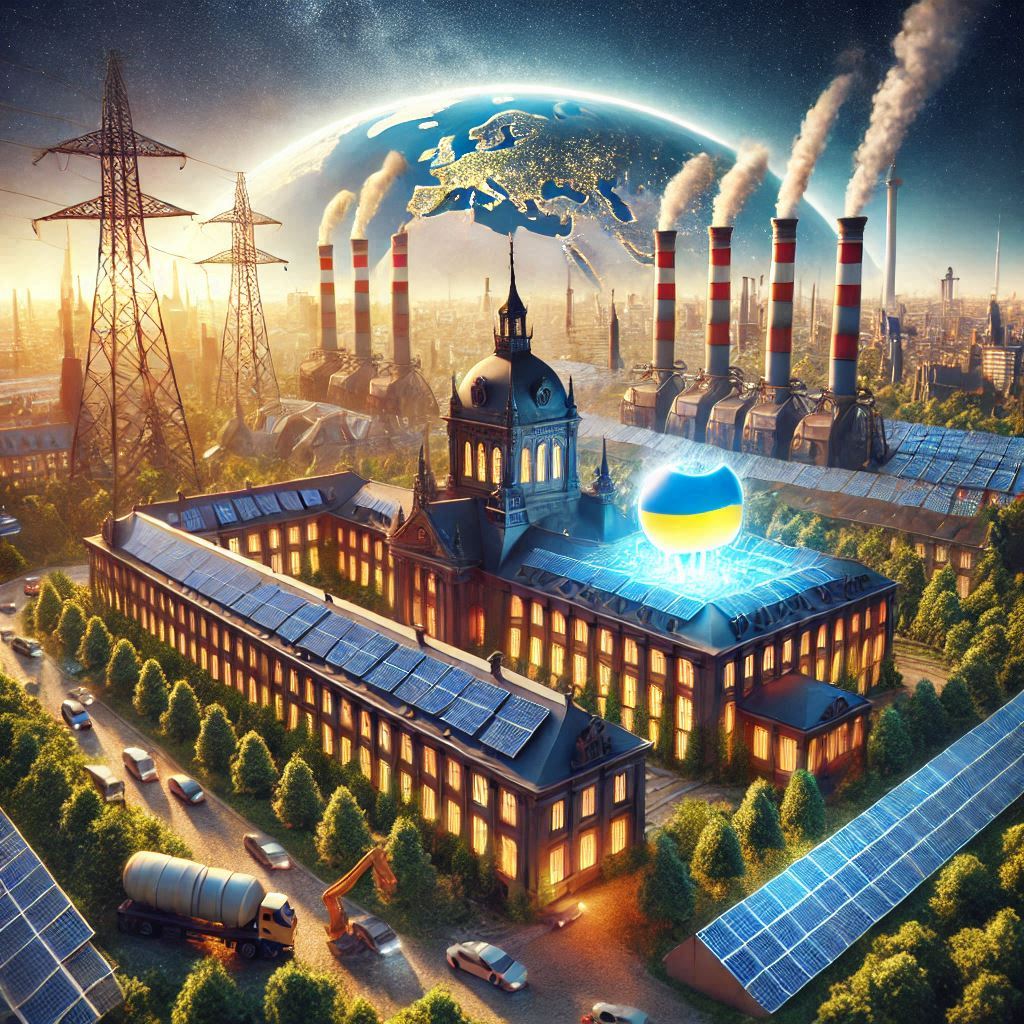烏克蘭於2025年1月1日停止輸送俄羅斯天然氣到其他歐洲國家
俄羅斯與烏克蘭之間關於天然氣過境輸往歐洲的協議於12月31日正式到期,這使得歐盟能源安全面臨新的挑戰。烏克蘭方面已經確定不會延長這項協議。隨著輸送的終止,俄羅斯每年將失去數十億美元的收入,而歐洲各國也必須尋找新的能源供應來源。
同時,俄羅斯天然氣工業股份公司(Gazprom)宣布,由於摩爾多瓦天然氣股份公司長期拖欠付款,俄方將於莫斯科時間2025年1月1日起停止向摩爾多瓦供應天然氣。這進一步加劇東歐地區的能源緊張局勢,可能對摩爾多瓦的冬季能源供應造成重大影響。
在俄羅斯停止經烏克蘭輸送天然氣之際,烏克蘭已經收到來自美國的第一批液化天然氣(LNG)。這標誌著烏克蘭在能源供應方面的重大轉變,試圖減少對俄羅斯能源的依賴。烏克蘭總統澤連斯基表示,2025年烏克蘭將在「戰場」和「談判桌」雙線作戰,爭取結束俄烏衝突,並尋求更加穩定和自主的能源戰略。
與此同時,斯洛伐克總理菲佐(Robert Fico)之前已在社交媒體上警告,如果烏克蘭自2025年1月1日起停止俄羅斯天然氣過境運輸,斯洛伐克將考慮停止向烏克蘭供應電力,並考慮其他報復性措施。菲佐表示,此舉可能在未來兩年內給歐盟至少造成高達1200億歐元的經濟損失,而斯洛伐克自身每年將損失約5億歐元的過境費收入。菲佐強調,斯洛伐克將根據形勢發展做出決定,必要時可能採取更嚴厲的反制措施。烏克蘭天然氣過境運輸的中斷,不僅對斯洛伐克,對整個中歐和東歐地區的能源穩定構成嚴重挑戰。
隨著俄羅斯天然氣過境烏克蘭的協議到期,歐盟各國不得不加速尋找替代方案,如擴大液化天然氣進口、加強與挪威、阿塞拜疆等國的能源合作,或加快可再生能源建設。然而,這一過程需要時間和大量資金投入,短期內歐洲的能源價格可能出現上漲,供應鏈也將承受更大壓力。歐盟方面尚未針對此事發表具體應對措施,但可以預見,2025年將是歐洲能源格局重塑的關鍵之年,若能成功擺脫俄羅斯的石油影響力,將有利未來戰爭的走向。
The transit agreement between Russia and Ukraine for the transportation of natural gas to Europe officially expires on December 31, posing new challenges to the European Union's energy security. Ukraine has confirmed that it will not extend the agreement. With the cessation of gas transit, Russia is expected to lose billions of dollars in annual revenue, while European countries will need to seek new sources of energy supply.
At the same time, Gazprom, Russia’s state-owned gas company, announced that it will stop supplying natural gas to Moldova starting January 1, 2025, Moscow time, due to Moldova’s gas company’s prolonged failure to make payments. This development further exacerbates the energy tension in Eastern Europe and could significantly impact Moldova’s energy supply during the winter months.
As Russia halts gas transit through Ukraine, Ukraine has received its first shipment of liquefied natural gas (LNG) from the United States. This marks a significant shift in Ukraine’s energy supply strategy, as the country seeks to reduce its dependence on Russian energy. Ukrainian President Volodymyr Zelensky stated that in 2025, Ukraine will fight on both the "battlefield" and at the "negotiating table" to end the Russia-Ukraine conflict and pursue a more stable and independent energy strategy.
Meanwhile, Slovak Prime Minister Robert Fico had previously warned on social media that if Ukraine stops Russian gas transit from January 1, 2025, Slovakia will consider halting electricity supplies to Ukraine and may take other retaliatory measures. Fico noted that such a move could cause economic losses of up to €120 billion for the EU over the next two years, while Slovakia itself would lose around €500 million annually in transit fees. Fico emphasized that Slovakia will make decisions based on the evolving situation and could adopt stricter countermeasures if necessary. The disruption of Ukrainian gas transit poses a serious challenge not only to Slovakia but also to energy stability in Central and Eastern Europe as a whole.
With the expiration of the Russia-Ukraine gas transit agreement, EU countries must accelerate efforts to find alternatives, such as expanding LNG imports, strengthening energy cooperation with Norway, Azerbaijan, and other countries, or accelerating renewable energy development. However, this process requires time and significant financial investment. In the short term, energy prices in Europe may rise, and supply chains will face greater pressure.
The EU has yet to announce concrete measures to address the situation, but it is evident that 2025 will be a critical year for reshaping Europe’s energy landscape. Successfully reducing Russia’s influence over oil and gas could influence the course of future conflicts.



照片:DALLE3
- 1
- 2
- 3
- 4
